Blog
Botox for TMJ: The Science Behind Muscle Relaxation
December 20, 2025 / DENTISTRY
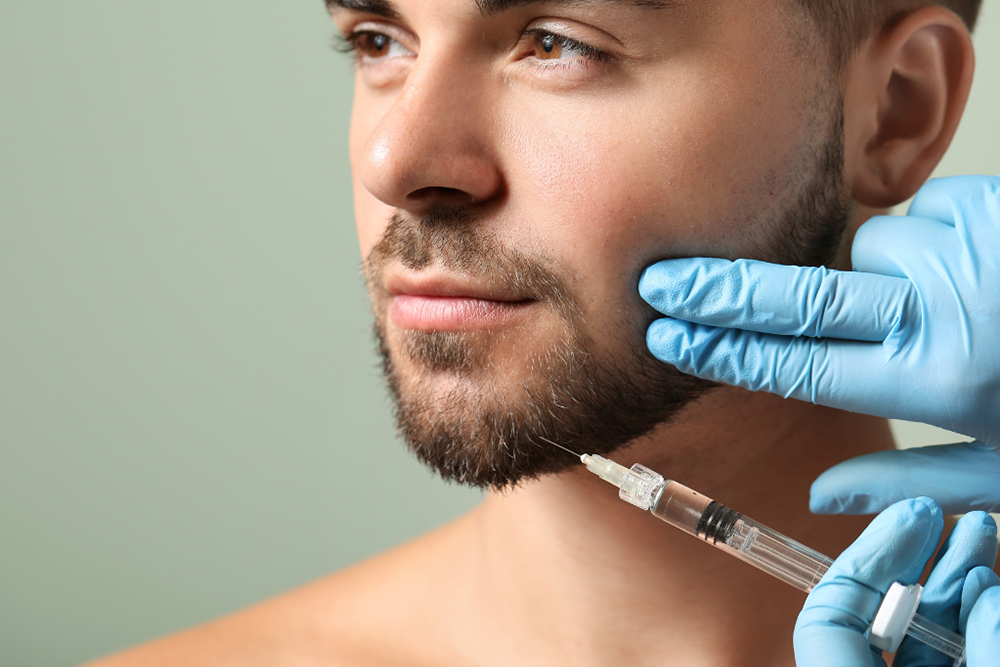
As a dentist in Whitby specializing in TMJ disorders, I've witnessed the remarkable effectiveness of Botox for TMJ treatment. At Downtown Whitby Dentistry, we use Botox for TMJ to help patients find relief from chronic jaw pain and dysfunction. Today, I'll explain the detailed science behind how Botox for TMJ works at the cellular level to relax muscles and interrupt pain signals.
Understanding the mechanism of Botox for TMJ helps patients make informed decisions about their treatment options. This therapeutic approach targets specific jaw muscles responsible for pain and dysfunction. The science behind Botox for TMJ is fascinating and demonstrates why this treatment has become increasingly popular for managing temporomandibular joint disorders.
Botox for TMJ represents a significant advancement in non-surgical pain management. The treatment works by temporarily blocking nerve signals that cause excessive muscle contraction. This targeted approach provides relief without the side effects associated with systemic medications or invasive surgical procedures.
What Happens at the Cellular Level with Botox for TMJ
Botox for TMJ works through a precise biological mechanism at the neuromuscular junction. This is where nerve cells communicate with muscle fibers to trigger contraction. Understanding this cellular interaction is key to appreciating how Botox for TMJ provides therapeutic benefits.
The active ingredient in Botox is botulinum toxin type A, a purified protein. When injected into specific jaw muscles, Botox for TMJ blocks the release of acetylcholine, a neurotransmitter. Acetylcholine normally carries signals from nerves to muscles, telling them to contract.
Cellular mechanism of Botox for TMJ:
- Botox binds to nerve endings at muscle junctions
- Blocks acetylcholine release from nerve terminals
- Prevents muscle contraction signals
- Reduces excessive muscle activity
- Allows overworked muscles to relax
- Decreases pain and tension
Without acetylcholine release, the muscle cannot receive the signal to contract forcefully. This doesn't paralyze the muscle completely but reduces its ability to engage in the excessive contractions that cause TMJ pain. The muscle can still function but at a reduced, more comfortable level.
How Botox for TMJ Targets Specific Jaw Muscles
Botox for TMJ treatment focuses on specific muscles responsible for jaw movement and clenching. The masseter and temporalis muscles are primary targets. These powerful muscles can generate tremendous force during clenching and grinding, leading to pain and joint damage.
The masseter muscle, located at the angle of the jaw, is often the most overactive in TMJ disorders. When injected with Botox for TMJ, this muscle relaxes, reducing the grinding and clenching forces. The temporalis muscle, which spans the side of the head, also benefits from targeted Botox injections.
Primary muscles treated with Botox for TMJ:
- Masseter muscles (lower jaw sides)
- Temporalis muscles (temple area)
- Medial pterygoid muscles (inner jaw)
- Lateral pterygoid muscles (jaw joint area)
At Downtown Whitby Dentistry, we use precise injection techniques to target these muscles effectively. The placement of Botox for TMJ injections is critical for optimal results. We identify trigger points and areas of maximum muscle tension through careful palpation and patient feedback.
The Timeline: How Botox for TMJ Takes Effect
Understanding the timeline of Botox for TMJ helps set realistic expectations for treatment outcomes. The effects don't occur immediately but develop gradually over several days. This progressive onset reflects the biological process of blocking neurotransmitter release.
Most patients begin noticing improvements within 3 to 5 days after Botox for TMJ injections. The full therapeutic effect typically develops within 2 weeks. During this time, the muscle gradually relaxes as the Botox blocks more acetylcholine release at the neuromuscular junction.
Botox for TMJ treatment timeline:
- Day 1-2: Botox binds to nerve endings
- Day 3-5: Initial muscle relaxation begins
- Day 7-10: Noticeable pain reduction
- Week 2: Maximum therapeutic effect
- Months 3-6: Sustained pain relief
- Month 6+: Gradual return of muscle activity
The effects of Botox for TMJ are temporary, typically lasting 3 to 6 months. As the body naturally metabolizes the Botox protein, nerve endings regenerate and acetylcholine release resumes. Repeat treatments maintain the therapeutic benefits for patients with chronic TMJ disorders.
Pain Signal Interruption Through Botox for TMJ
Beyond muscle relaxation, Botox for TMJ also interrupts pain signals through additional mechanisms. Research suggests that Botox affects sensory nerve pathways involved in pain transmission. This dual action makes Botox for TMJ particularly effective for chronic pain conditions.
Botox appears to inhibit the release of pain-related neurotransmitters like substance P and glutamate. These chemicals amplify pain signals in the nervous system. By reducing their release, Botox for TMJ decreases pain perception independent of its muscle-relaxing effects.
Pain relief mechanisms of Botox for TMJ:
- Reduces muscle-generated pain through relaxation
- Inhibits release of pain neurotransmitters
- Decreases inflammation in treated areas
- Interrupts pain signal amplification
- Reduces central sensitization to pain
Dosing and Precision in Botox for TMJ Treatment
The effectiveness of Botox for TMJ depends on proper dosing and precise injection placement. At Downtown Whitby Dentistry, we calculate doses based on muscle size, severity of symptoms, and individual patient factors. Typical doses range from 25 to 50 units per masseter muscle.
The concentration and volume of Botox for TMJ injections are carefully controlled. We use multiple injection sites within each muscle to ensure even distribution. This technique maximizes therapeutic effect while minimizing the risk of unwanted effects on nearby muscles.
Dosing considerations for Botox for TMJ:
- Muscle size and strength assessment
- Severity of clenching and grinding
- Previous response to treatment
- Patient weight and metabolism
- Desired duration of effect
Precision in injection technique is crucial for successful Botox for TMJ treatment. We identify optimal injection points through anatomical knowledge and palpation of muscle tension. The injections are administered using fine needles to minimize discomfort during the procedure.
Safety Profile and Side Effects of Botox for TMJ
Botox for TMJ has an excellent safety profile when administered by trained professionals. The treatment has been used for decades in medical and dental applications. Serious side effects are extremely rare when proper techniques and dosing are followed.
Common side effects of Botox for TMJ are typically mild and temporary. Some patients experience slight bruising or tenderness at injection sites. These effects usually resolve within a few days without intervention.
Potential side effects of Botox for TMJ:
- Mild bruising at injection sites
- Temporary tenderness in treated muscles
- Slight asymmetry if dosing is uneven
- Rare headache following treatment
- Temporary difficulty chewing very hard foods
Comparing Botox for TMJ to Other Treatment Options
Botox for TMJ offers advantages over many traditional TMJ treatments. Unlike oral medications that affect the entire body, Botox for TMJ provides targeted relief. The treatment doesn't cause the drowsiness or digestive issues associated with pain medications or muscle relaxants.
Compared to surgical interventions, Botox for TMJ is minimally invasive with no recovery time. Patients can resume normal activities immediately after treatment. The reversible nature of Botox allows for treatment adjustments based on individual response.
Advantages of Botox for TMJ:
- Targeted treatment without systemic effects
- No surgery or lengthy recovery required
- Adjustable dosing for optimal results
- Minimal side effects compared to medications
- Can be combined with other therapies
- Reversible effects allow for flexibility
Night guards and physical therapy remain important components of comprehensive TMJ care. Botox for TMJ works well alongside these treatments, often enhancing their effectiveness. The muscle relaxation from Botox can make physical therapy exercises more comfortable and productive.
Long-term Outcomes with Botox for TMJ Treatment
Research on long-term outcomes of Botox for TMJ shows sustained benefits with repeated treatments. Many patients experience progressive improvement in symptoms over multiple treatment cycles. The cumulative effect may result from breaking the cycle of chronic muscle tension and pain.
Some patients find they can extend the time between Botox for TMJ treatments as their condition improves. The reduced muscle hyperactivity may allow other therapeutic interventions to work more effectively. This can lead to better long-term management of TMJ disorders.
Long-term benefits of Botox for TMJ:
- Progressive symptom improvement over time
- Reduced frequency of severe pain episodes
- Better response to complementary therapies
- Improved quality of life and function
- Potential for extended intervals between treatments
At Downtown Whitby Dentistry, we monitor patients receiving Botox for TMJ to track their progress and adjust treatment plans. This ongoing care ensures optimal outcomes and allows us to refine our approach based on individual response patterns.
The science behind Botox for TMJ demonstrates why this treatment has become a valuable tool for managing temporomandibular joint disorders. Through precise cellular mechanisms, Botox for TMJ relaxes overactive muscles and interrupts pain signals, providing significant relief for many patients. If you're struggling with chronic jaw pain, clenching, or TMJ dysfunction, contact Downtown Whitby Dentistry today to learn whether Botox for TMJ might be an appropriate treatment option for your specific condition.
Dentist in Whitby: Solutions for Dental Anxiety
December 5, 2025 / DENTISTRY
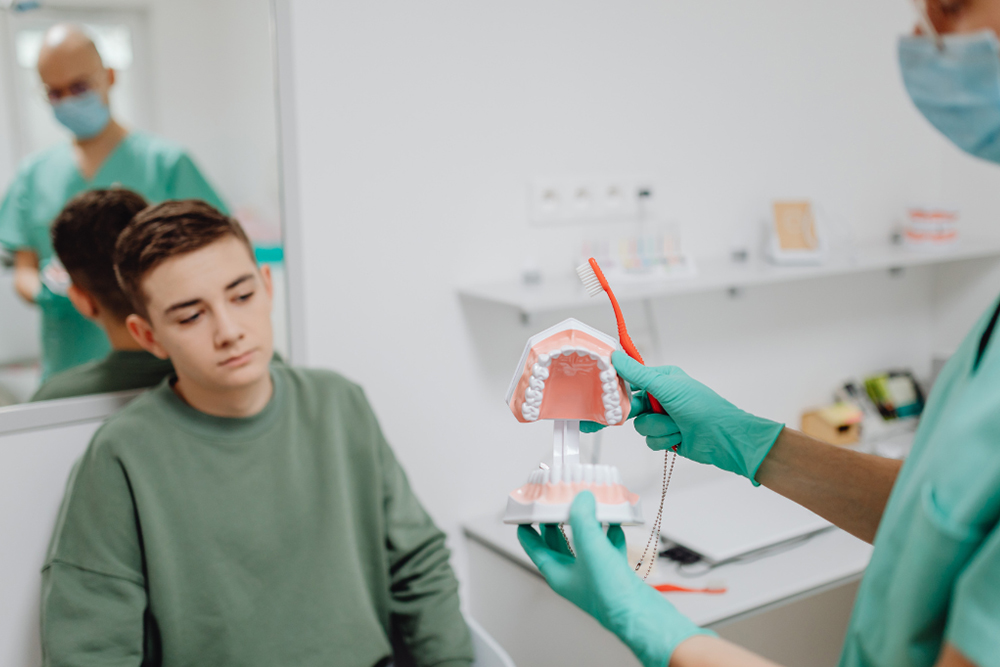
As a dentist in Whitby, I understand that dental anxiety affects millions of Canadians and prevents many from seeking necessary care. At Downtown Whitby Dentistry, we've developed comprehensive strategies to help nervous patients feel comfortable and safe during their appointments. Today, I'll share the specific techniques and solutions we use to transform anxious dental visits into positive experiences.
Dental anxiety ranges from mild nervousness to severe phobia that causes people to avoid dental care entirely. This avoidance can lead to serious oral health problems that become more complex and expensive to treat. Recognizing this, our team has made anxiety management a core focus of our practice philosophy.
Understanding the root causes of dental anxiety helps us address each patient's specific concerns effectively. Common triggers include fear of pain, loss of control, embarrassment about oral health, and negative past experiences. A compassionate dentist in Whitby can help patients overcome these barriers through personalized care approaches.
Understanding Dental Anxiety: What Patients Experience
Dental anxiety manifests differently in each patient, requiring individualized approaches from your dentist in Whitby. Some patients experience mild nervousness before appointments, while others have panic attacks at the thought of dental treatment. Physical symptoms can include rapid heartbeat, sweating, difficulty breathing, and nausea.
The psychological impact of dental anxiety extends beyond the dental chair. Patients may lose sleep before appointments, experience intrusive thoughts about dental procedures, or feel shame about their fear. These feelings are valid and deserve compassionate attention from dental professionals.
Common dental anxiety symptoms:
- Rapid heartbeat and elevated blood pressure
- Difficulty sleeping before appointments
- Nausea or upset stomach
- Sweating and trembling
- Panic attacks or crying
- Avoidance of dental care
Many patients feel embarrassed about their dental anxiety, which can prevent them from seeking help. At Downtown Whitby Dentistry, we create a judgment-free environment where patients feel safe discussing their fears openly.
Comfort Measures Your Dentist in Whitby Provides
Creating a comfortable environment is the first step in helping anxious patients. At Downtown Whitby Dentistry, we've designed our practice with patient comfort in mind. Soft lighting, calming colors, and comfortable seating help patients feel relaxed from the moment they arrive.
Our team takes time to explain procedures thoroughly before beginning treatment. Understanding what to expect reduces fear of the unknown. We encourage patients to ask questions and express concerns at any point during their visit.
Comfort measures we offer:
- Warm blankets and comfortable pillows
- Noise-canceling headphones with music
- Stress balls or fidget tools
- Breaks during longer procedures
- Clear communication throughout treatment
- Gentle, patient-paced care
We also offer distraction techniques that help patients focus on something other than the dental procedure. Watching television, listening to music, or using guided imagery can significantly reduce anxiety during treatment.
Sedation Options Available from a Dentist in Whitby
Sedation dentistry has revolutionized care for anxious patients. As an experienced dentist in Whitby, I offer multiple sedation options tailored to individual anxiety levels and treatment needs. These options range from mild relaxation to deep sedation for complex procedures.
Nitrous oxide, commonly called laughing gas, provides light sedation that helps patients feel calm and relaxed. The effects wear off quickly after treatment, allowing patients to drive themselves home. This option is ideal for patients with mild to moderate anxiety.
Sedation options at Downtown Whitby Dentistry:
- Nitrous oxide for mild anxiety
- Oral sedation for moderate anxiety
- IV sedation for severe anxiety or complex procedures
- Local anesthesia for complete pain control
- Combination approaches for optimal comfort
Oral sedation involves taking prescribed medication before your appointment. This creates a deeper state of relaxation while allowing you to remain conscious and responsive. Patients need someone to drive them home after oral sedation.
IV sedation provides the deepest level of conscious sedation available in a dental office. This option is ideal for patients with severe dental phobia or those undergoing extensive procedures. Continuous monitoring ensures safety throughout treatment.
Patient Care Techniques That Reduce Anxiety
The approach taken by your dentist in Whitby significantly impacts your anxiety levels. At Downtown Whitby Dentistry, we use specific communication techniques that help patients feel heard and respected. Active listening allows us to understand each patient's unique concerns and preferences.
We practice tell-show-do techniques, especially helpful for anxious patients. First, we explain what we'll do using simple, non-threatening language. Then we show you the instruments and demonstrate on a model or your hand. Finally, we perform the procedure gently and carefully.
Anxiety-reducing care techniques:
- Active listening to patient concerns
- Tell-show-do approach for procedures
- Hand signals for communication during treatment
- Frequent check-ins about comfort levels
- Positive reinforcement and encouragement
- Gradual exposure for severe phobia cases
Building trust takes time, especially with patients who have had negative dental experiences. We never rush anxious patients and allow them to proceed at their own pace. Some patients need multiple short visits to build confidence before undergoing more extensive treatment.
How a Dentist in Whitby Builds Trust with Anxious Patients
Trust forms the foundation of successful anxiety management in dental care. As your dentist in Whitby, I prioritize building genuine relationships with patients based on respect and understanding. This begins with the first phone call and continues through every interaction.
We honor patient autonomy by involving them in treatment decisions. Explaining options and allowing patients to choose their preferred approach gives them a sense of control. This control is often what anxious patients feel they've lost in dental situations.
Trust-building strategies:
- Consistent, reliable care from the same team
- Honest communication about procedures and costs
- Respect for patient preferences and boundaries
- Flexibility in scheduling and treatment planning
- Follow-up calls after difficult procedures
- Celebrating progress and small victories
Consistency in care providers also builds trust. Seeing the same dentist in Whitby and hygienist at each visit creates familiarity and comfort. Our team members get to know patients personally, remembering details about their lives and preferences.
Gradual Exposure Therapy for Severe Dental Phobia
Patients with severe dental phobia benefit from gradual exposure therapy. This approach involves slowly introducing dental experiences in a controlled, supportive environment. The first visit might simply involve touring the office and meeting the team without any treatment.
Subsequent visits gradually increase exposure to dental procedures. We might start with a simple examination, then progress to cleaning, and eventually to more complex treatments. Each successful experience builds confidence for the next step.
Gradual exposure process:
- Initial consultation and office tour
- Simple examination without instruments
- Cleaning with frequent breaks
- Minor procedures with sedation support
- Progressive advancement to complex treatments
This patient-centered approach takes more time but results in lasting anxiety reduction. Many patients who complete gradual exposure therapy eventually receive routine dental care with minimal anxiety.
Technology That Helps Anxious Patients
Modern dental technology makes treatment more comfortable and less anxiety-inducing. At Downtown Whitby Dentistry, we invest in advanced equipment that reduces treatment time and discomfort. Digital X-rays expose patients to less radiation and provide instant results without uncomfortable film.
Laser dentistry offers quieter, more comfortable treatment for many procedures. The absence of drilling sounds and vibrations significantly reduces anxiety for sensitive patients. Intraoral cameras allow patients to see what we see, demystifying dental conditions and treatments.
Anxiety-reducing technology:
- Digital X-rays with minimal radiation
- Laser dentistry for quieter procedures
- Intraoral cameras for visual education
- Computer-assisted anesthesia for painless injections
- Same-day crowns reducing multiple visits
These technological advances allow a skilled dentist in Whitby to provide more efficient, comfortable care. Shorter appointment times mean less time feeling anxious in the dental chair.
Success Stories: Overcoming Dental Anxiety in Whitby
Many patients have successfully overcome dental anxiety through our comprehensive approach at Downtown Whitby Dentistry. Patients who hadn't visited a dentist in years due to fear now maintain regular six-month checkups. This transformation happens through patience, compassion, and evidence-based anxiety management techniques.
The key to success lies in personalized care that addresses each patient's specific fears. What works for one anxious patient may not work for another. As an experienced dentist in Whitby, I assess each situation individually and adjust our approach accordingly.
Elements of successful anxiety management:
- Personalized treatment plans
- Consistent, compassionate care
- Appropriate sedation when needed
- Gradual progression at patient's pace
- Positive reinforcement and support
Patients often report that their anxiety decreases significantly after the first successful appointment. Positive experiences replace negative associations, making future visits progressively easier.
Dental anxiety doesn't have to prevent you from receiving the oral healthcare you need and deserve. At Downtown Whitby Dentistry, we specialize in helping nervous patients feel comfortable and safe during dental treatment. Our comprehensive approach combines comfort measures, sedation options, and compassionate care techniques tailored to your individual needs. If dental anxiety has kept you from the dentist in Whitby, contact us today to discuss how we can help you overcome your fears and achieve optimal oral health in a supportive, understanding environment.
Archive



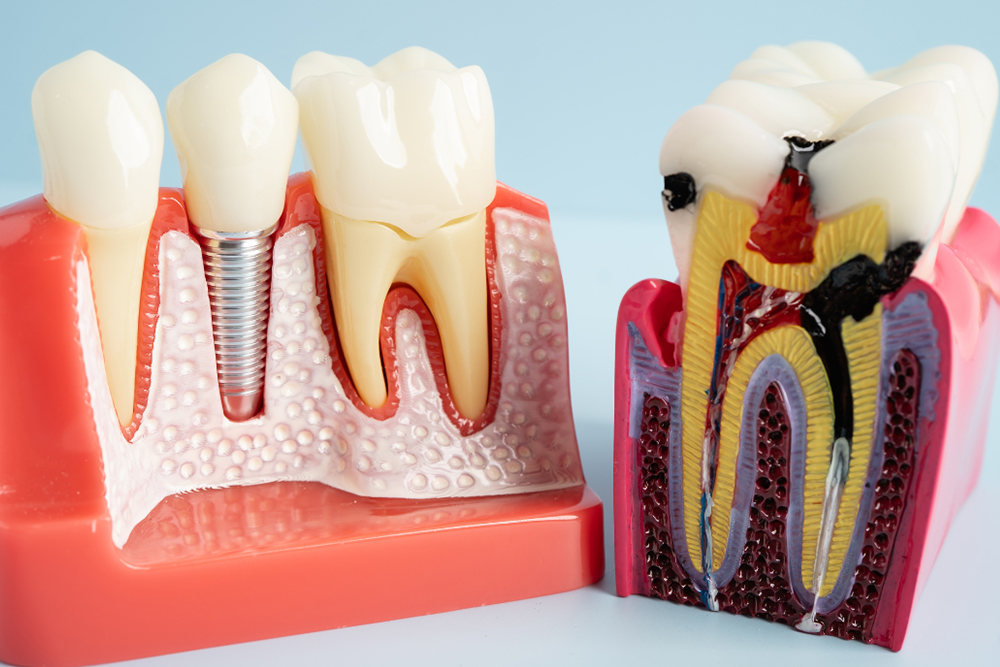
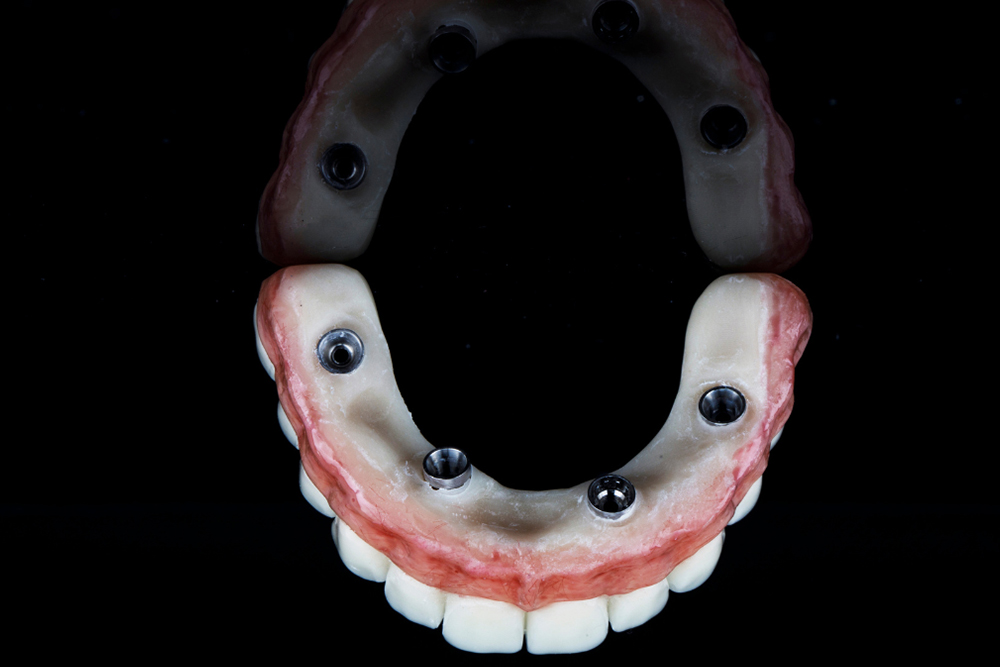
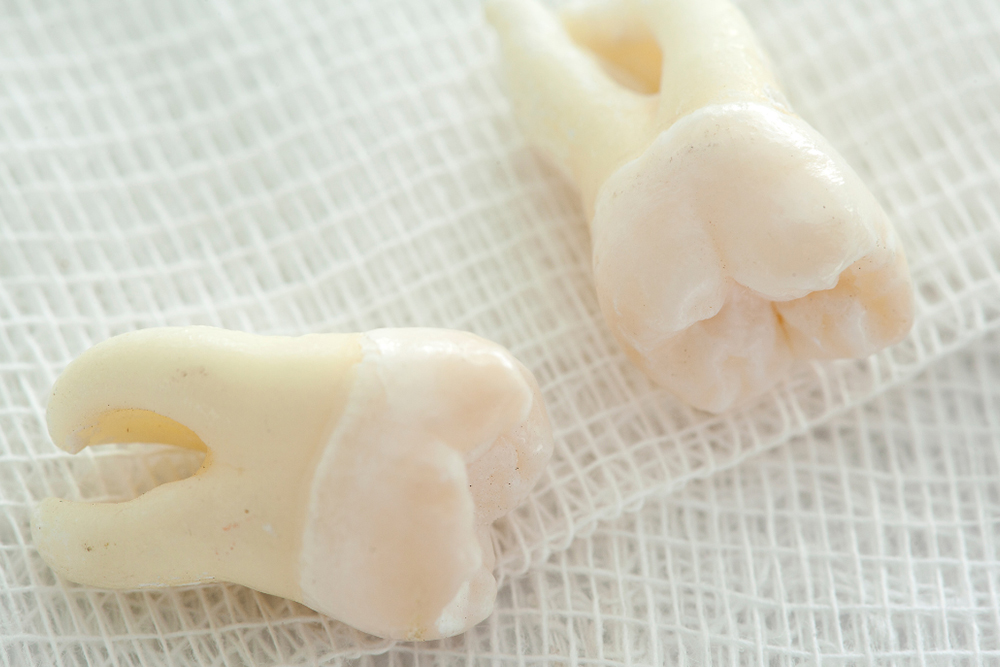
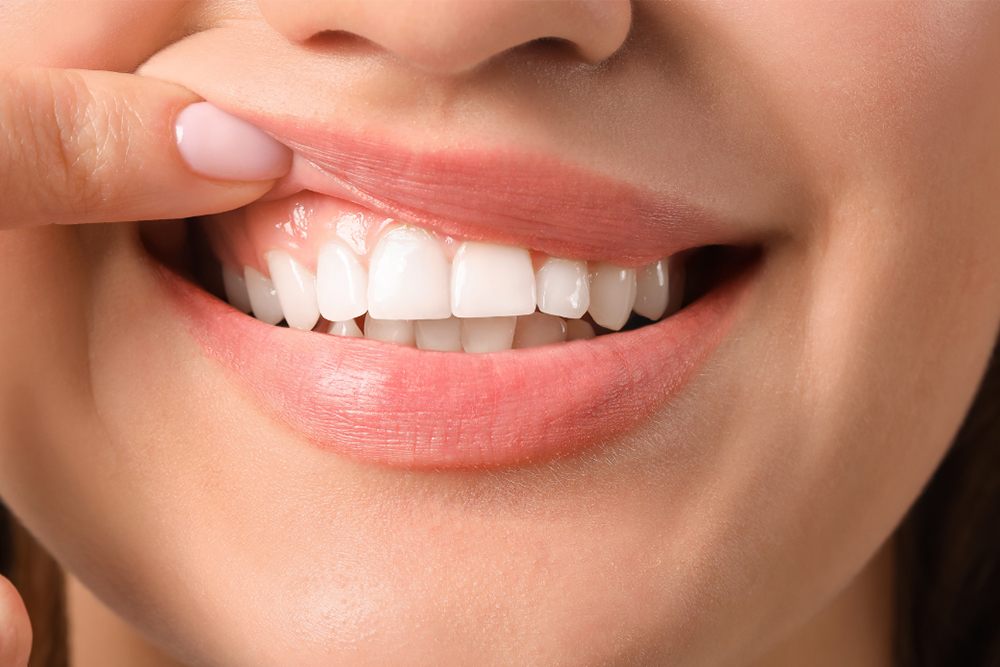
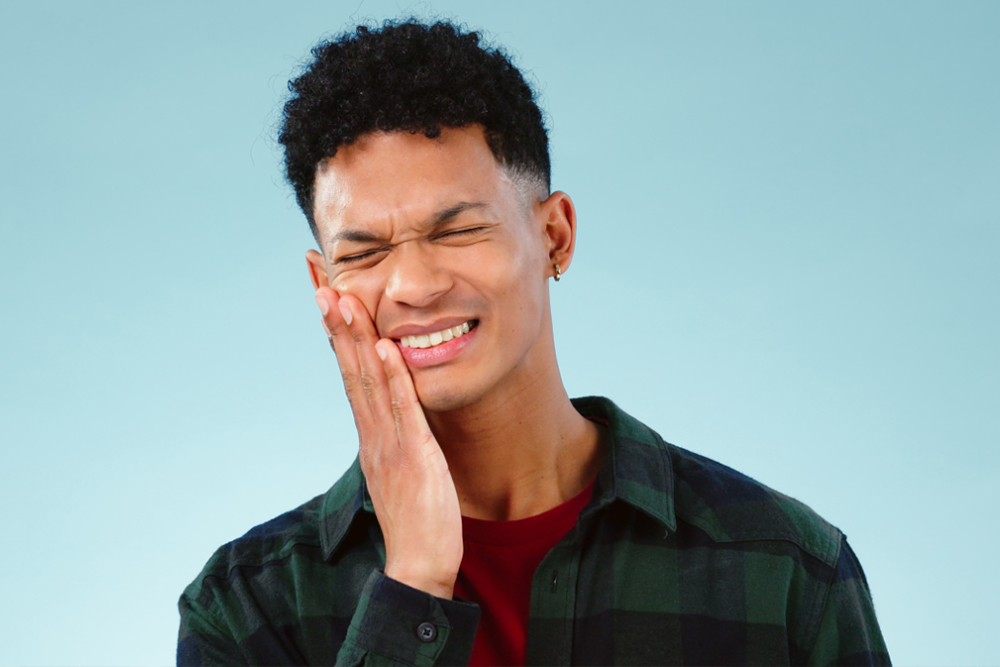
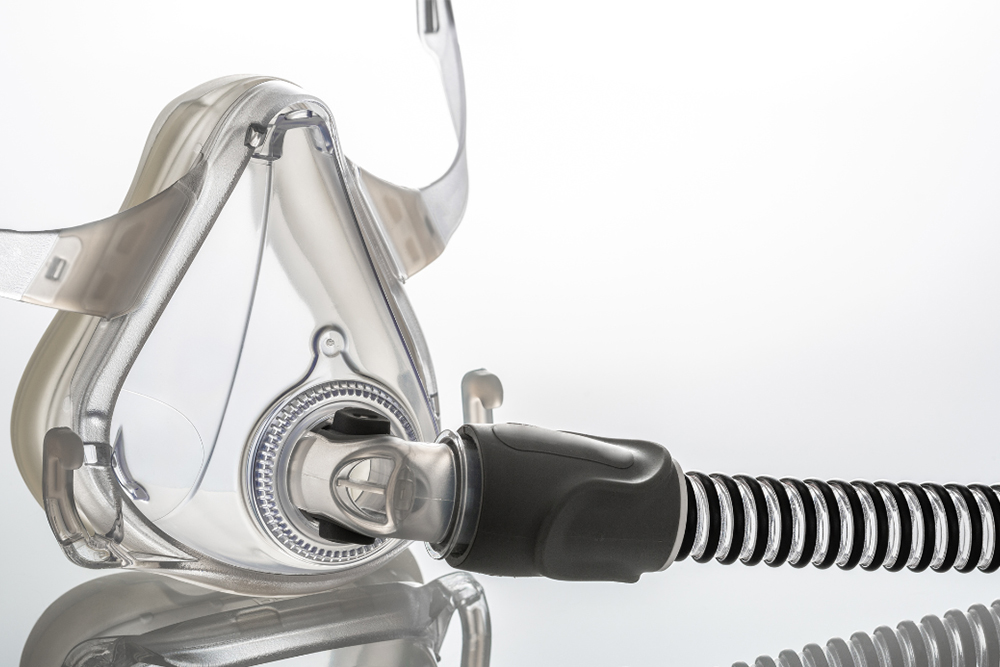
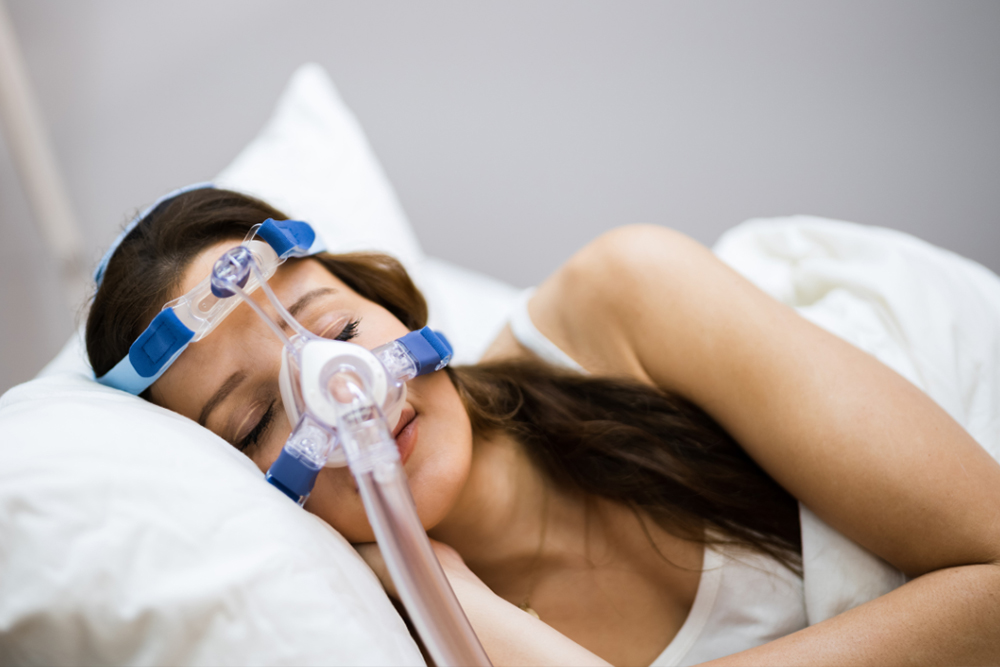
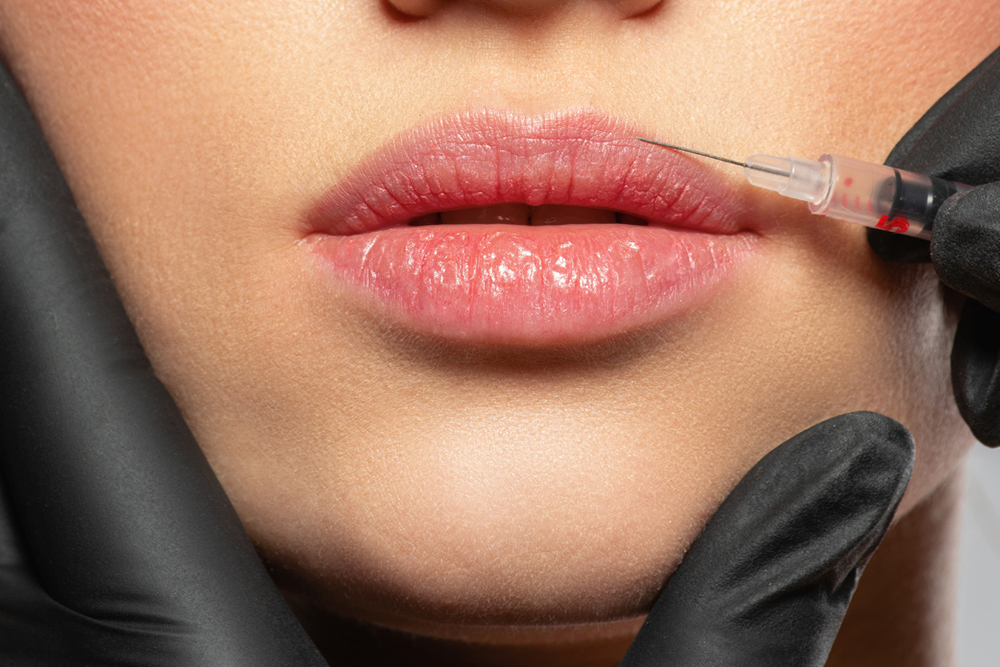
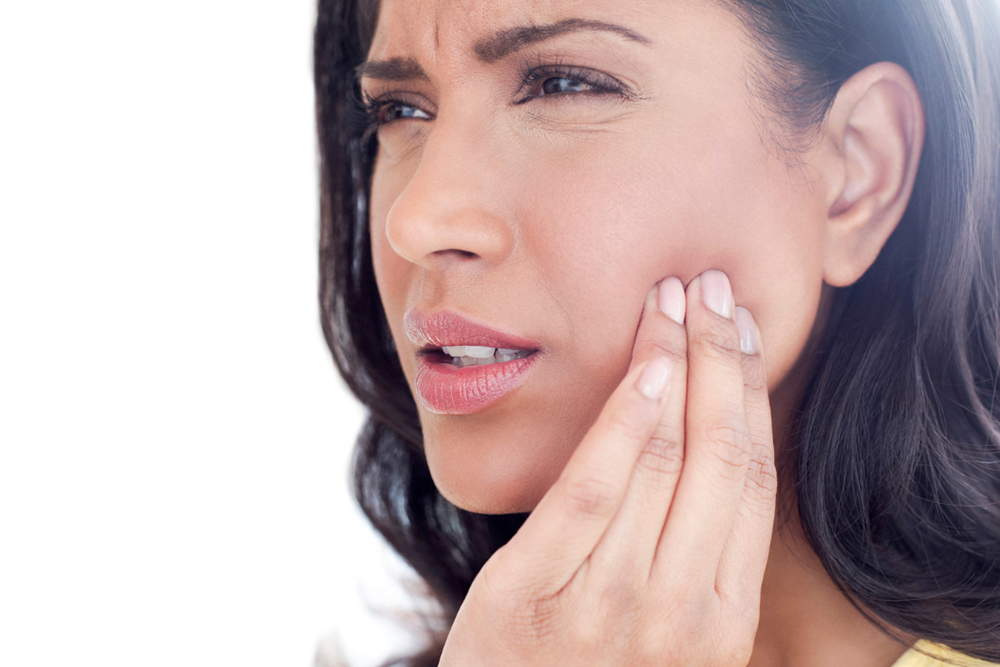
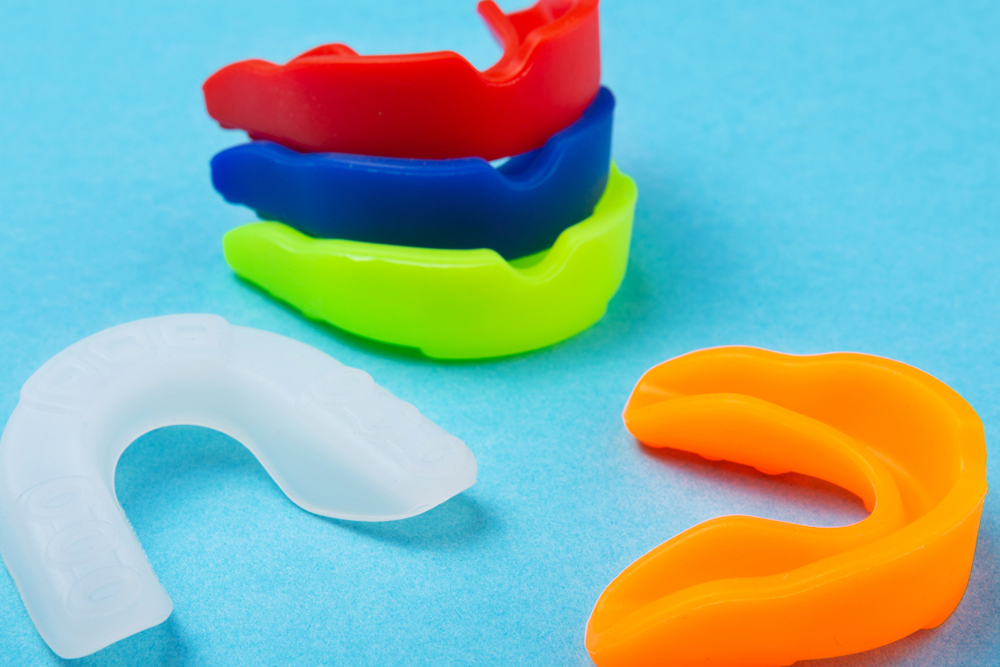

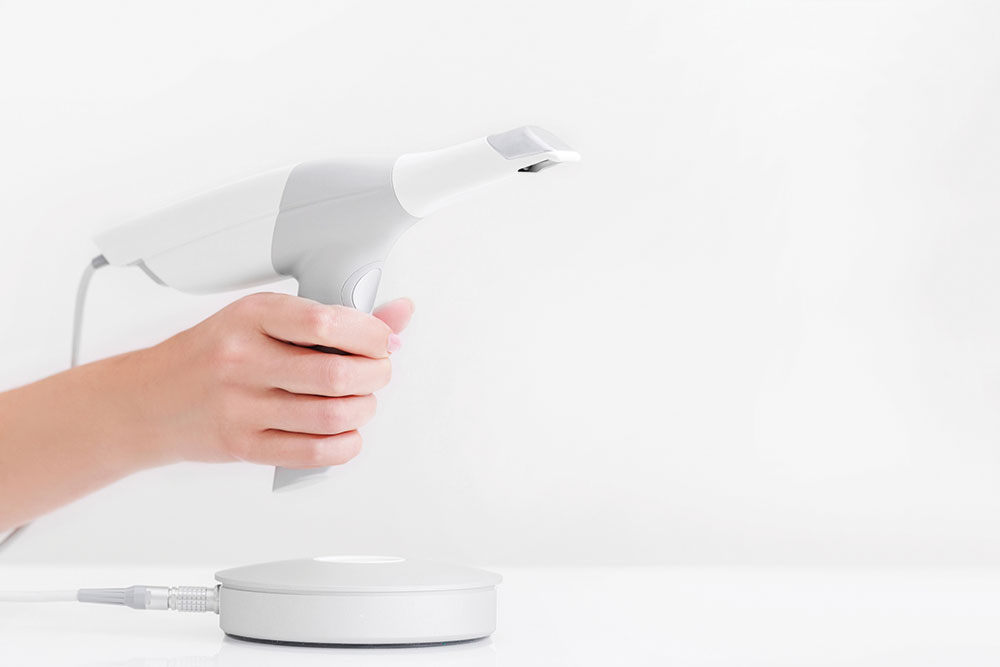

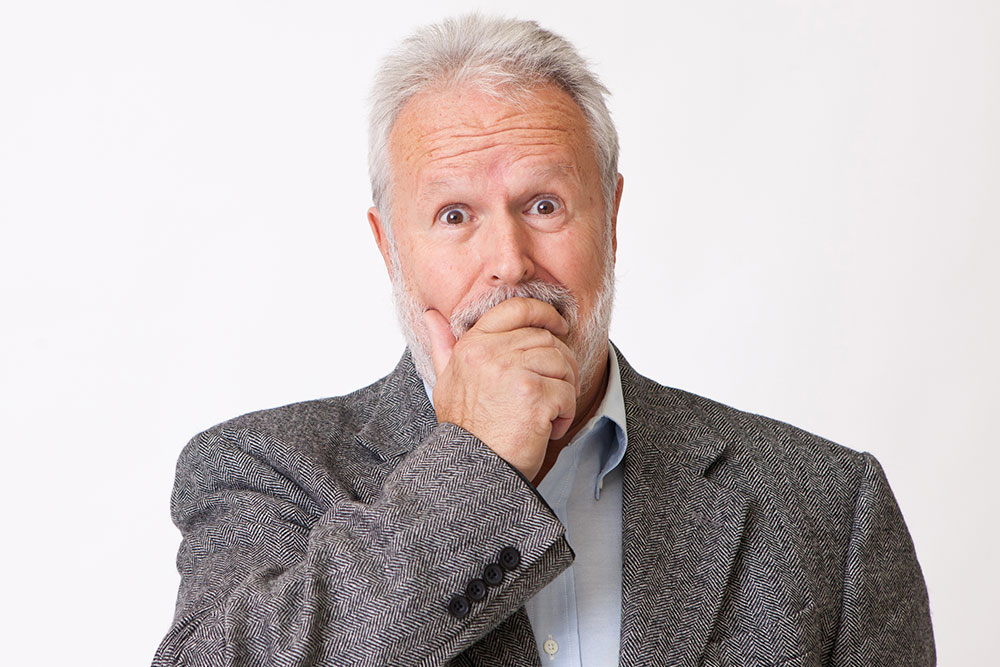

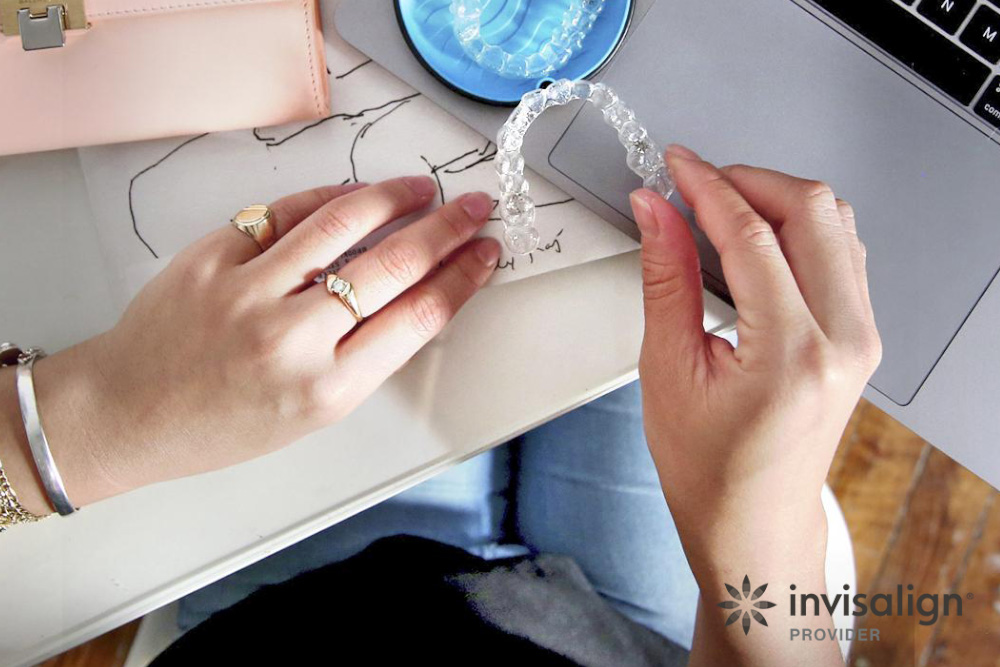
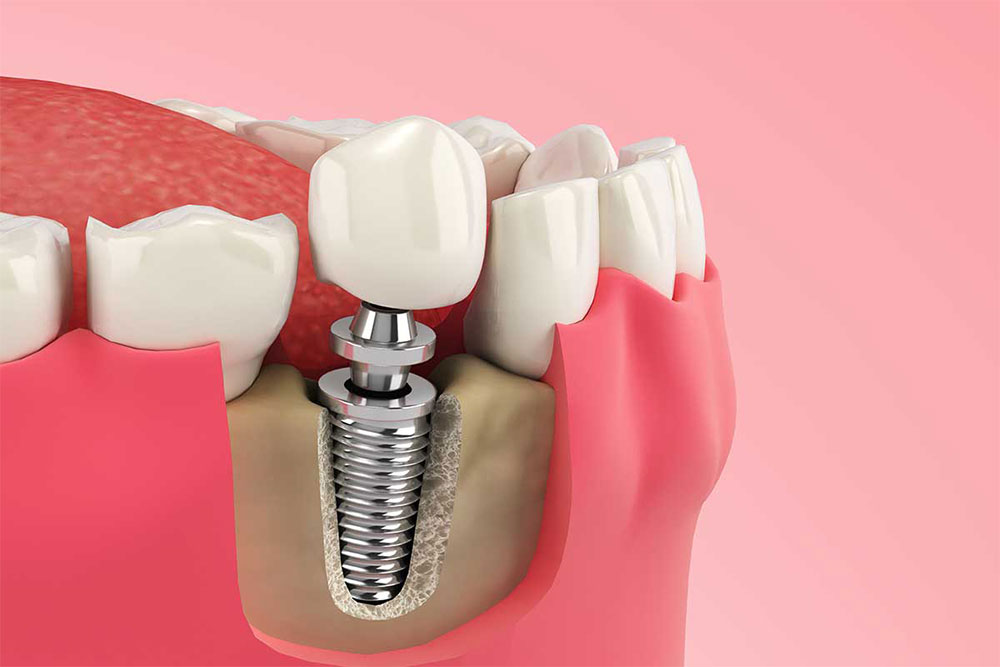
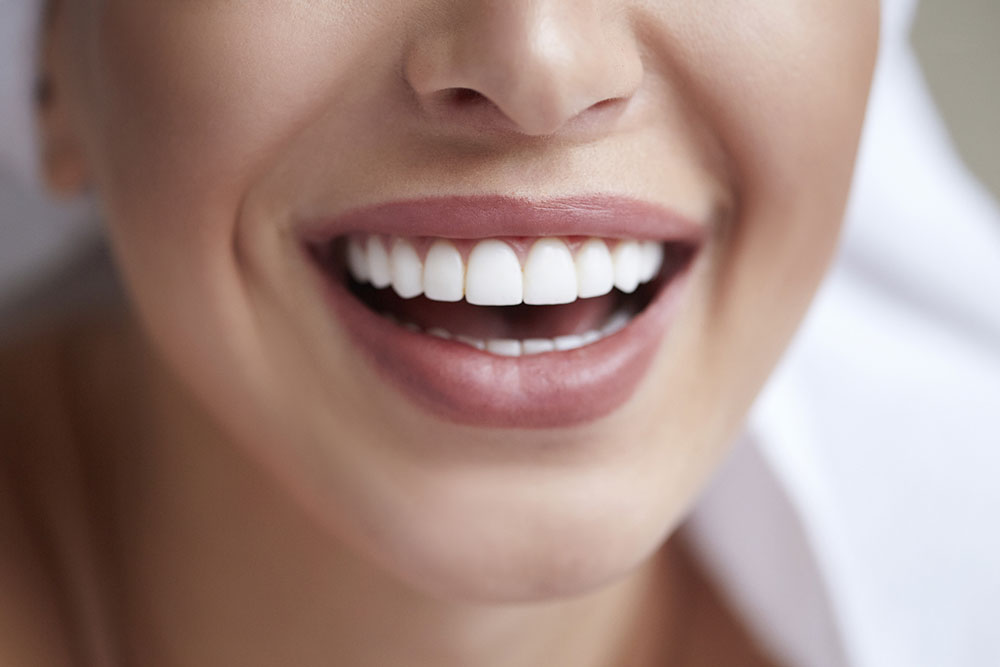


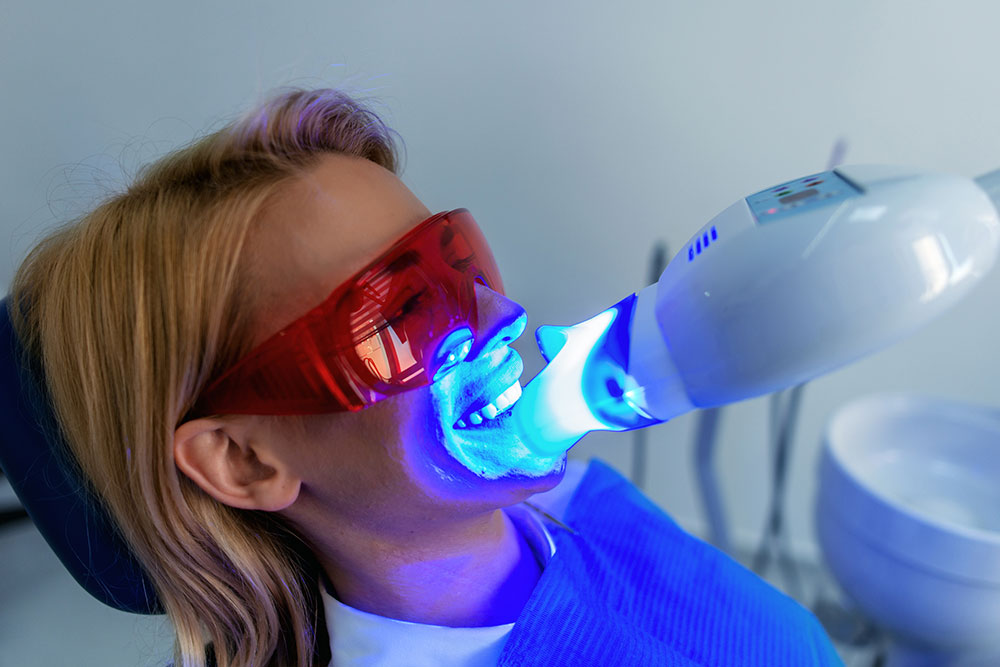





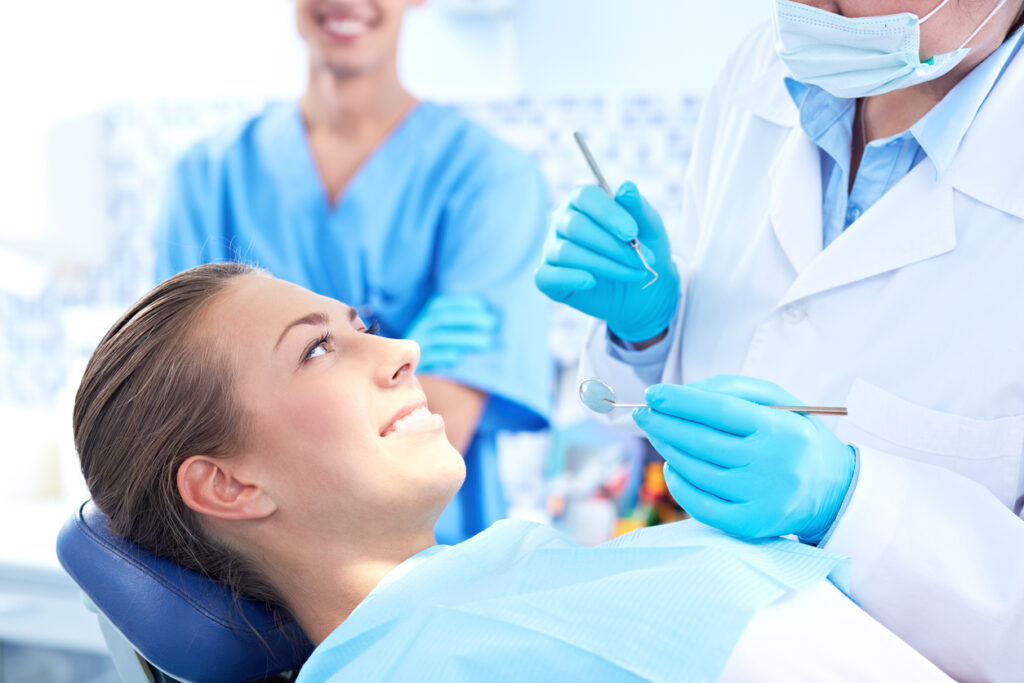
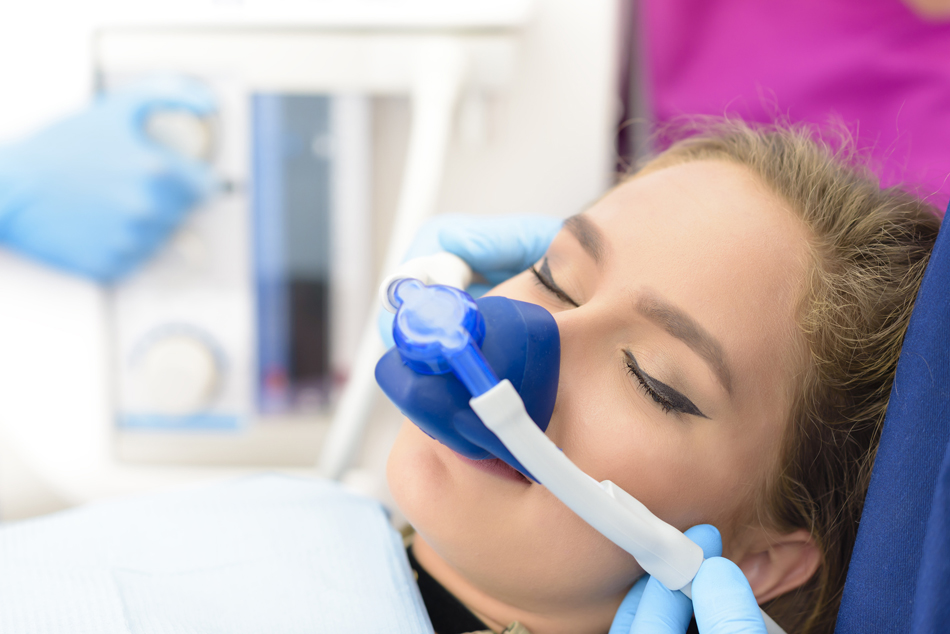


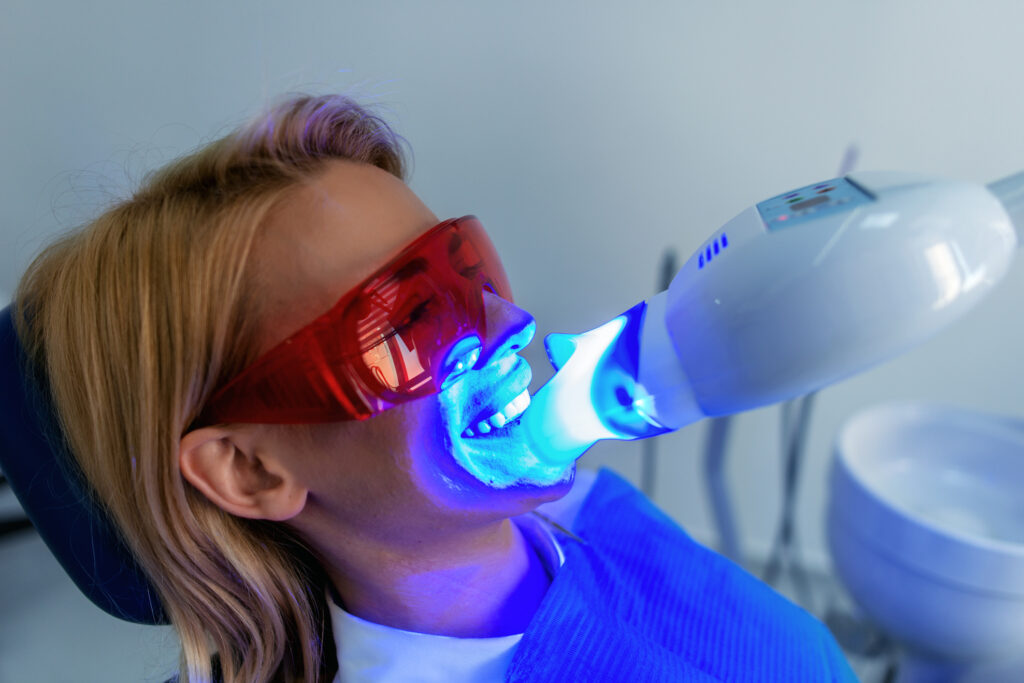
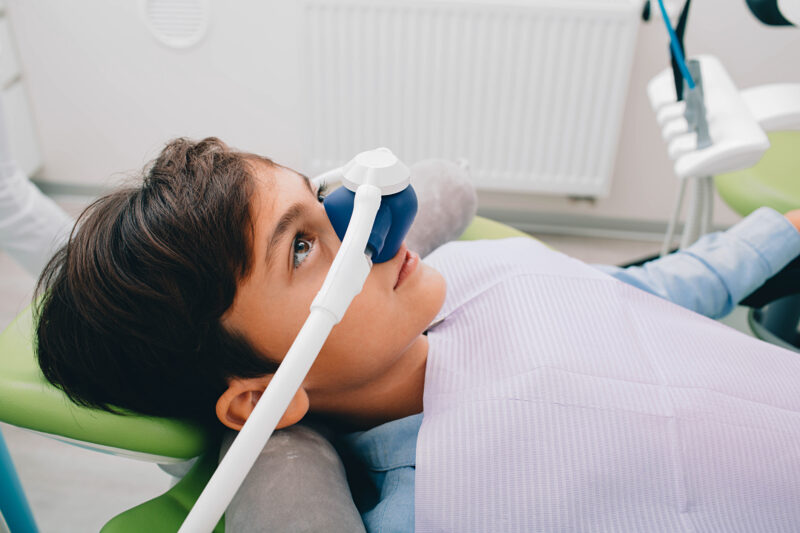
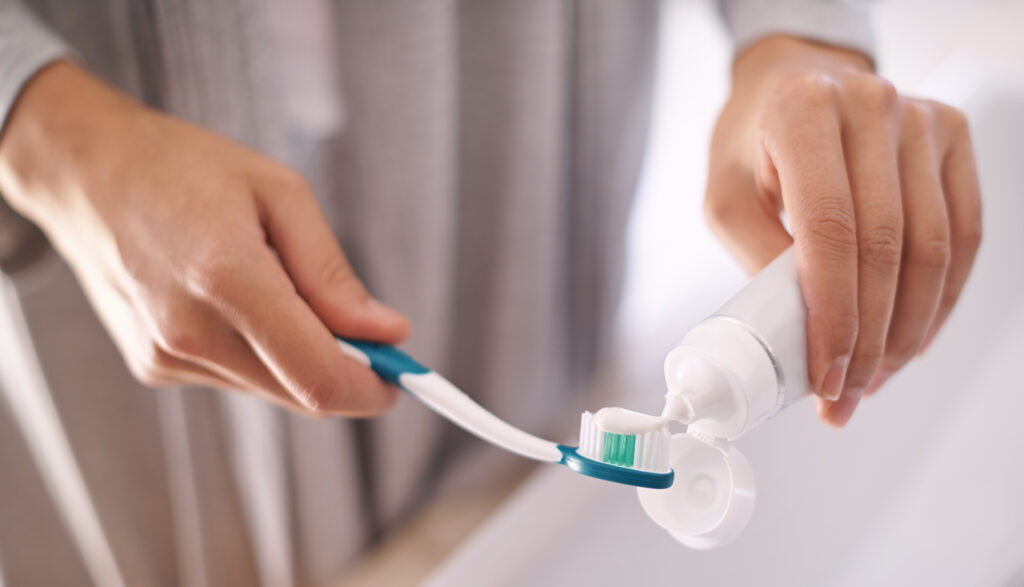
We Are Here to Help You
Whitby, ON, L1N 4M9
905-430-7045
905-430-7284
info@dwdentistry.ca




